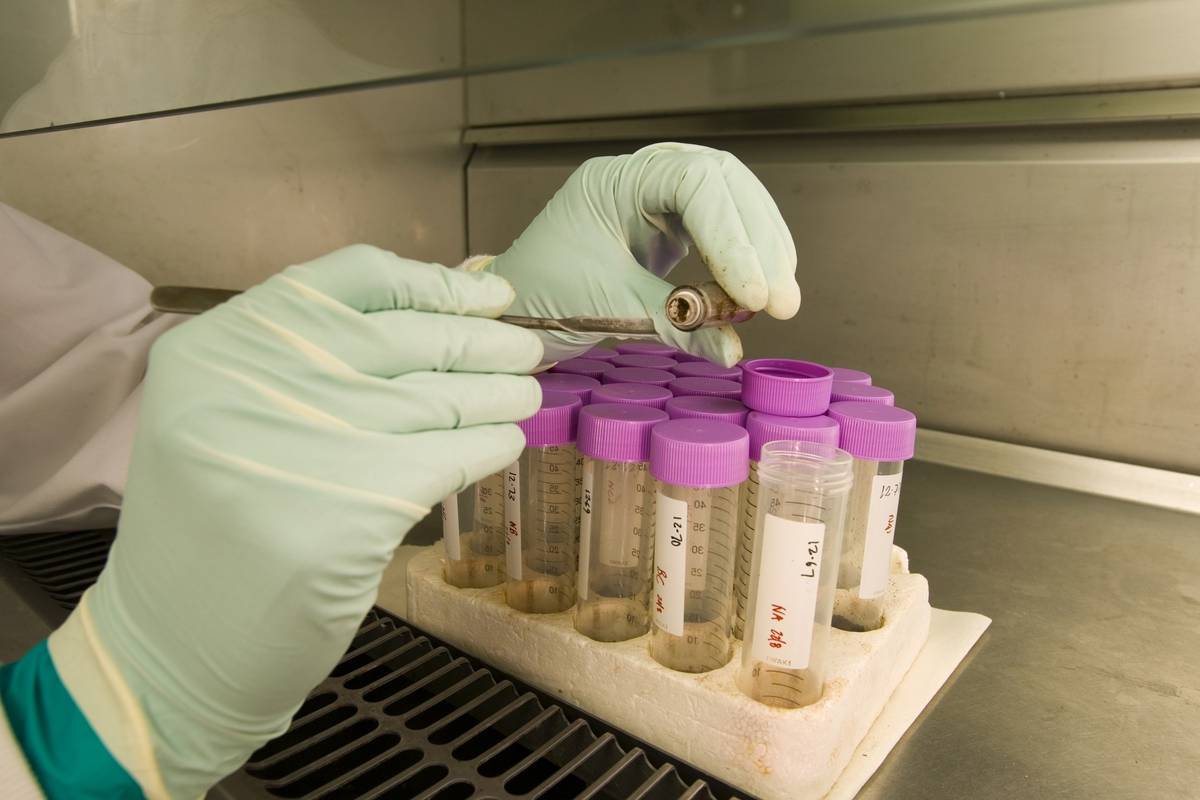Use of Recombinant Cytokine-Antigen Fusion Proteins to Improve Serological Assays
The use of cytokine-antigen fusion proteins in serological assays in a sandwich ELISA format

Background
Serological assays are used to identify immune responses to pathogens and all follow a conventional set-up: the antigen is used directly or coated/coupled on the assays solid surface to detect for the presence of antibodies against the antigen in serum samples. However, when native pathogens or crude extracts are used, problems of background and cross-reactivity and reduction of specificity and/or sensitivity of the assay often arise.
Technology Overview
This invention describes the use of cytokine-antigen fusion proteins in serological assays in a sandwich ELISA format to increase sensitivity, specificity, and the linear quantification range.
Serological assays are used to identify immune responses to pathogens and all follow a conventional set-up: the antigen is used directly or coated/coupled on the assays solid surface to detect for the presence of antibodies against the antigen in serum samples. However, when native pathogens or crude extracts are used, problems of background and cross-reactivity and reduction of specificity and/or sensitivity of the assay often arise.
To overcome these challenges, new antigens have been developed for use in sandwich ELISA format – anti-cytokine/cytokine fusion protein (ACYF) system.
shows the ACYF Assay steps and format in contrast to conventional assays.
shows a direct comparison of conventional and ACYF serological assays against an equine herpes virus antigen gC.
Benefits
- Improves the linear quantification range
- Does not require purified antigens
- Recombinant antigens are easy to produce and very stable
Applications
- Improved serological tests
- Large-scale multiplexing of serological assay – non-cytokine component of each fusion protein can be a different antigen of one or more pathogens